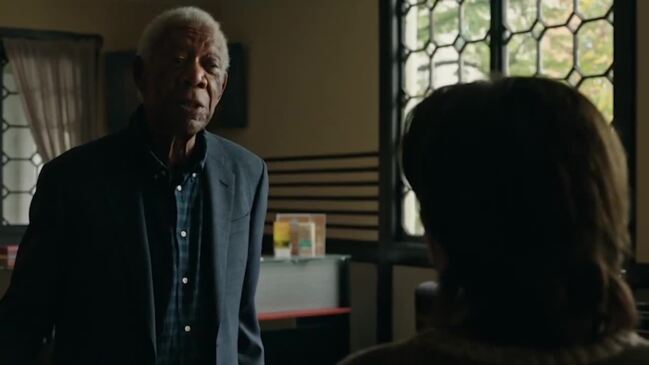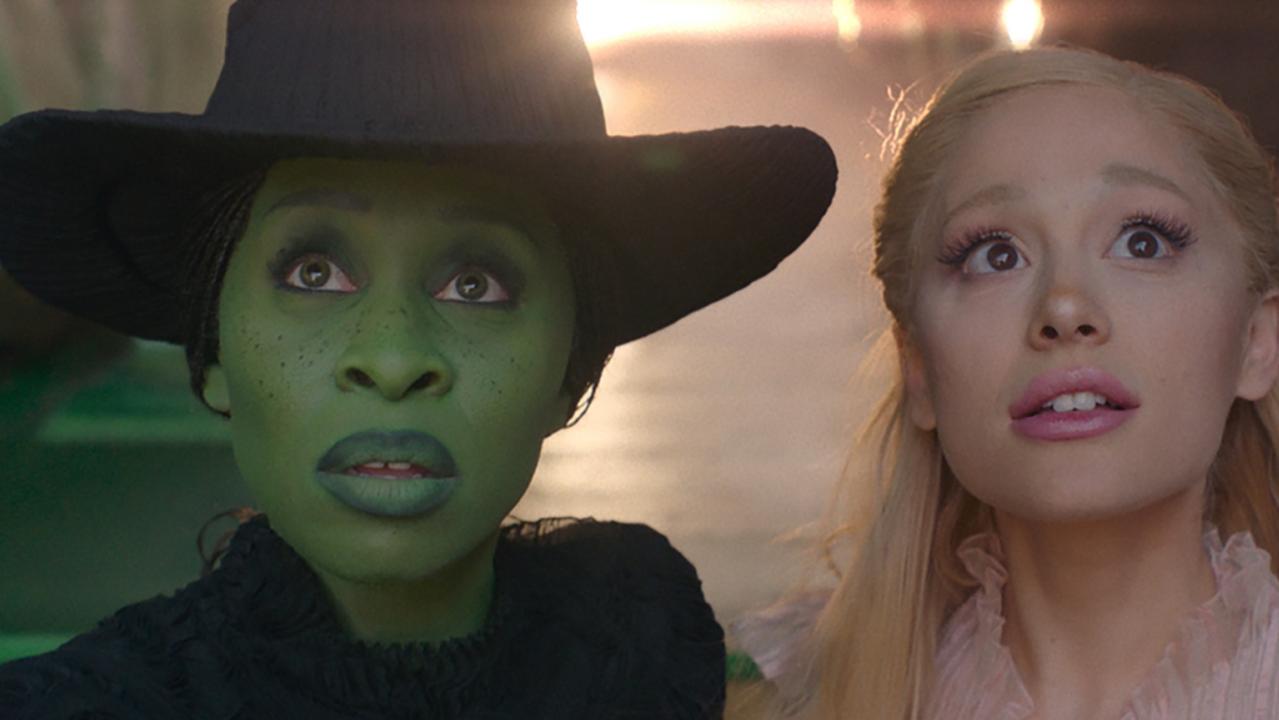Florence Pugh saves A Good Person from being too much of a worthy, exhausting movie
Florence Pugh saves A Good Person from being too much of a worthy, exhausting addiction movie.

Movies
Don't miss out on the headlines from Movies. Followed categories will be added to My News.
A Good Person is made with good intentions.
Zach Braff’s third feature as director – and the first in which he doesn’t appear – is full of worthy goals. And it has one hell of an excellent performance from Florence Pugh, because you put Pugh in anything, and she will deliver.
Where Braff had lucked out the most was in nabbing Pugh, who was his then-girlfriend at the time of the production. Without Pugh, A Good Person could’ve been a melodramatic, exhausting and often morose addiction drama.
With Pugh, it’s a step above its worst impulses, and she brings to it the ever-lingering sliver of hope and decency, even when the character is in the worst throes of guilt and bad choices.
It’s a character that’s in every scene, she is so intimately burrowed in the audience’s consciousness from the start that if you get that character wrong, the whole thing falls apart.
There’s an intriguing question in its title – can you still be a good person, or find your way back to being a good person, when you’ve caused irreparable harm?
We meet Allison (Pugh) as she’s celebrating her engagement to Nathan (Chinaza Uche). They’re in love and excited about the future. Soon after, Allison is behind the wheel of a horrific car accident that kills Nathan’s sister and brother-in-law.

A year later, she’s addicted to the oxycontin she had been prescribed for pain management after the injuries she’s sustained, and despite her doctors’ efforts to wean her off the drug, Allison is a junkie.
She and Nathan are no longer together – she left him out of guilt – and she hasn’t returned to work. She’s back at home with her mother (Molly Shannon), who has her own self-medicating problems with alcohol.
After a string of humiliating incidents, Allison works up the courage to go to an addiction meeting and she runs into Daniel (Morgan Freeman), Nathan’s estranged father who is now caregiver to his sister’s now orphaned teenage daughter Ryan (Celeste O’Connor).
Allison and Daniel become enmeshed in each other’s lives in a fraught dance of forgiveness, generosity and guilt, which becomes only more complex when Ryan takes in interest in Allison too.
A Good Person goes deep on the addiction aspects of the story and spends a lot of time in Allison’s space as she’s jonesing, desperate for a fix, trying to hold herself back and ultimately failing.
The movie is not afraid to portray her as the junkie she is, causing pain to herself and to others in her singular focus.

It feels authentic but not judgmental. And it is, without sentiment, yet another indictment on the opioid crisis that so easily engulfs those you wouldn’t “expect” to be in its clutches – how easily it is to fall into the trap and how hard it is to climb out.
But the more interesting part of A Good Person is this exploration of forgiveness – who deserves it and what work do you have to do to be worthy of it? And can you ever expect others to forgive you if you can’t forgive yourself?
On that question, Pugh carries the heart of the film while Morgan, with his signature warmth, is a good complement to A Good Person’s thematic ambitions.
There are moments when its tonal consistency falters or it starts to feel a little theatrical because of the magnitude of what it’s trying to do, but A Good Person mostly works, thanks to the strength of its performers and its compassionate spirit.
Rating: 3/5
A Good Person is in cinemas now
Originally published as Florence Pugh saves A Good Person from being too much of a worthy, exhausting movie





